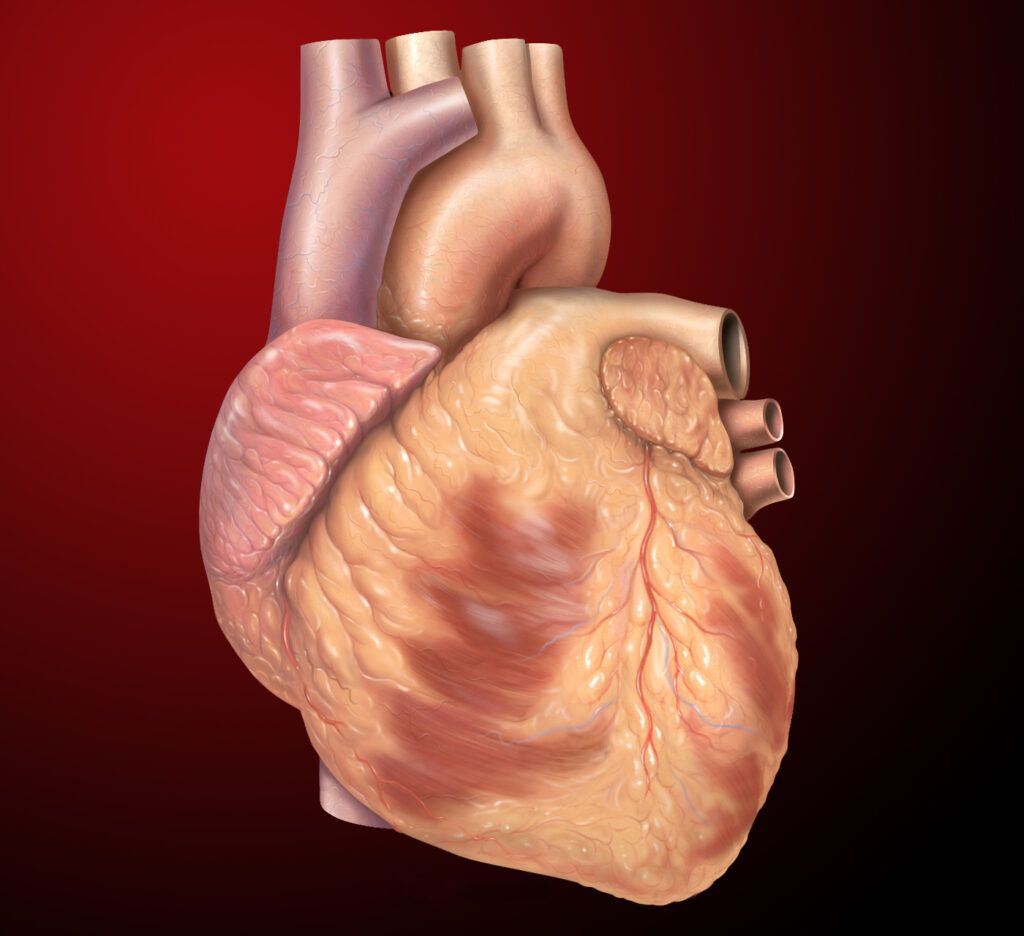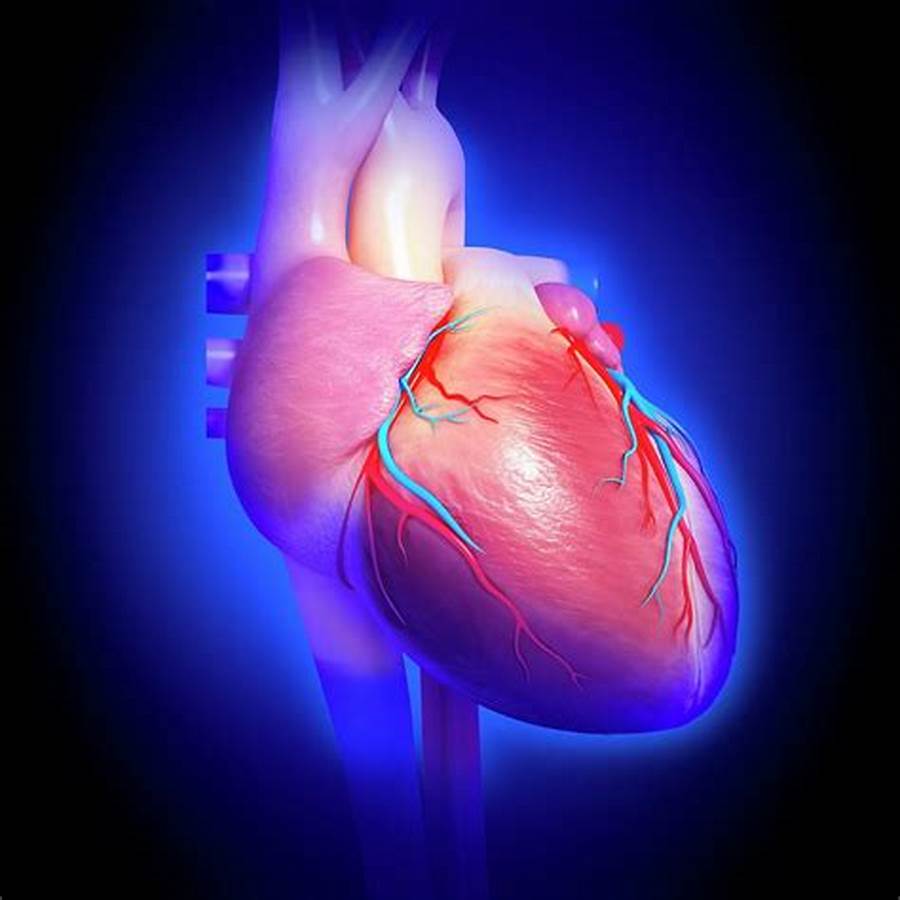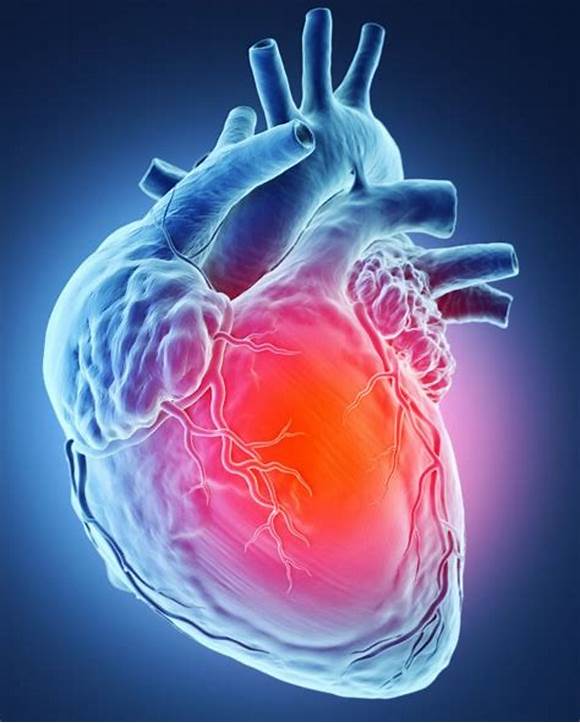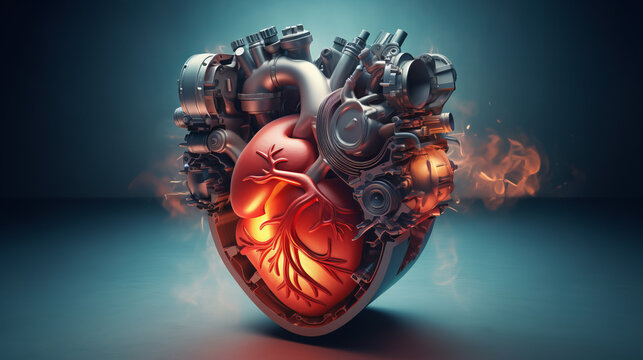The Heart: The Engine of Life : The heart is an amazing piece of biological engineering.
It is a strong organ that pumps blood throughout the body at all times, keeping us alive with each beat. This blog explores the remarkable functions of the heart, its significance to our well-being, and strategies for maintaining a heart-healthy lifestyle.

Meet your heart—the engine that saves lives.
People often call the heart the “engine of life,” and they’re not wrong. The heart is a muscular organ about the size of a fist that works nonstop to make sure that all parts of the body get air and food. The heart sends blood with each beat, keeping the flow going so that people can live. To understand how important this engine is, you must first know how it works.
Inside the Heart: A Natural Treasure
Building the heart is nothing less than a work of art. It has two atria and two ventricles, which are the four chambers that work together to pump blood. Atria receive blood from the heart, and ventricles pump it out. This teamwork makes sure that tissues get oxygen-rich blood and that cells get oxygen-poor blood that goes back to the lungs to be filled up. The heart’s valves, as gatekeepers, keep blood moving in the right direction and stop it from flowing backward.

How Blood Moves: The Heart’s Beat
The flow of blood is a well-timed, regular process that happens every time the heart beats. The beating heart pumps blood from the ventricles into the arteries. This blood brings oxygen and food to the body’s cells, which helps them do their jobs. On the return journey, the heart receives carbon dioxide and waste, which it then sends to the lungs for expiration. The heart’s constant pumping powers this never-ending loop, which underpins life.
The heart’s important job is to keep every breath going.
The heart does more than just pump blood; it’s what keeps us alive. The heart’s capacity to pump fresh blood to our cells enables every breath we take, every thought we have, and every motion we make. The body’s organs and tissues would not be able to work without this steady flow, which would be detrimental for health. It’s impossible to say enough about how important the heart is to life—it really is the engine that drives everything we do.
Guard your heart; it’s the key to living a long life.
Because the heart is vital to our health, taking care of it should be our first concern. Heart disease remains a primary cause of death, yet individuals can modify numerous risk factors. To keep the heart healthy, you need to do things like exercise regularly, eat a balanced diet full of fruits, veggies, and whole grains, and not smoke. Additionally, monitoring your blood pressure and cholesterol levels can enable you to identify issues early and take immediate action.
Your heart and your way of life are connected.
How you live affects your heart health. Your diet, exercise, and stress management affect heart health. Plaque, for example, can build up in the arteries because of a diet high in fatty fats. This makes heart attacks and strokes more likely. Regular exercise, on the other hand, makes the heart muscle stronger, improves circulation, and helps people stay at a healthy weight. Managing stress is also very important because long-term worry can raise blood pressure and cause other heart problems. By making good choices, you can keep your heart strong and flexible for a long time.

In conclusion
The heart is a wonderful organ that is critical to our lives. When we know how it works and why it’s important to protect it, we can make better health decisions. Living in a way that is beneficial for our hearts not only makes us live longer, but it also makes each moment we have better. If you care about your heart, it will take care of you.

